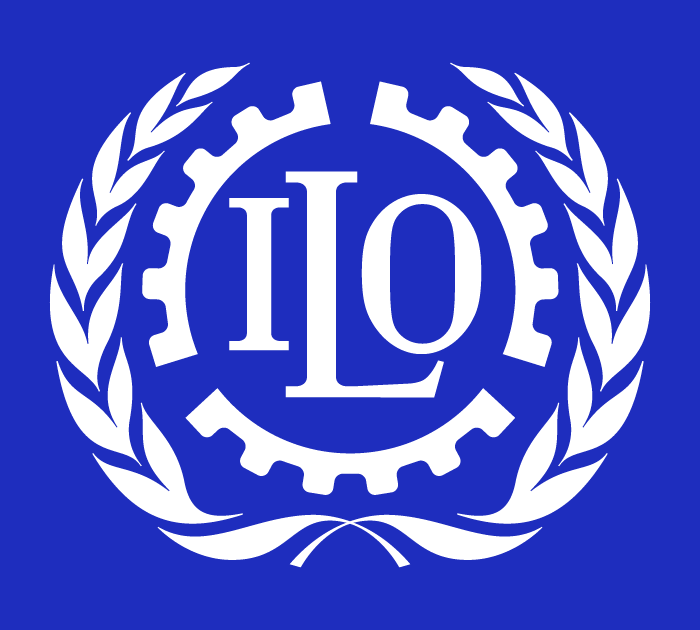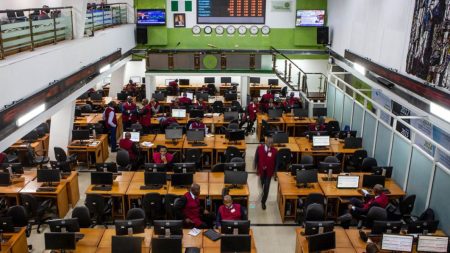The rapid advancement of artificial intelligence (AI) is dramatically reshaping the global work landscape, presenting a dual narrative of both immense potential and significant challenges. Recognizing the urgency of navigating this transformative period, the European Economic and Social Committee (EESC) and the International Labour Organisation (ILO) convened a joint high-level conference titled “Social Justice in the Digital Era: AI’s Impact on Work and Society.” This gathering brought together over 300 experts, policymakers, social partners, and civil society representatives to explore strategies for harnessing AI’s power while mitigating its potential risks to workers’ rights and labor market stability. This event served as a crucial contribution to the Global Coalition for Social Justice, emphasizing the necessity of a coordinated approach to AI governance on both European and international scales.
The conference commenced with a clear call for a human-centric approach to AI development and implementation. EESC President Oliver Röpke emphasized the transformative impact AI is already having on societies and labor markets, stressing the shared commitment of the EESC and its partner organizations to ensuring that AI serves as a catalyst for social justice. This includes strengthening workers’ rights, fostering inclusivity, and preventing the emergence of new inequalities. Mr. Röpke highlighted the importance of collective action – involving policymakers, social partners, and civil society – to guarantee that technological advancements benefit humanity rather than exacerbate existing disparities.
ILO Director-General Gilbert F. Houngbo echoed this sentiment, underscoring the need for proactive policies to address the disruptive potential of AI on jobs and workplaces. He advocated for shaping AI development in a way that promotes social justice by supporting workers with necessary skills and social protection. Furthermore, he emphasized the importance of facilitating access to AI technology for enterprises of all sizes, globally, to unlock productivity gains. Crucially, he stressed the necessity of protecting workers’ rights and fostering social dialogue throughout the digital transition as AI becomes increasingly integrated into the workplace.
The conference unfolded across two key panels. The first panel, “How can AI be leveraged to contribute to decent work and a socially just society in the EU and beyond?”, featured prominent figures including EU labor ministers from Poland, Spain, and Greece, as well as representatives from Brazil and Albania, alongside social partner representatives. The discussion centered around policy frameworks necessary to ensure that AI enhances job quality and strengthens worker protections, rather than exacerbating existing inequalities. The panelists acknowledged the potential risks associated with AI deployment, but emphasized the importance of embracing this new technology strategically, rather than resisting it entirely. The focus, they agreed, should be on fostering robust social dialogue and actively involving workers in the implementation of AI, with particular attention paid to reskilling and upskilling initiatives. A controlled and regulated rollout of AI, they concluded, would help mitigate potential shocks and allow the technology to reduce repetitive tasks without necessarily leading to widespread job displacement.
The second panel, “How can AI be used to promote inclusive labor markets and gender equality?”, brought together representatives from the European Commission, European Parliament, and EESC, along with government officials from Portugal and France. This panel explored how AI can be leveraged to promote greater diversity and inclusion in the workplace. The discussion drew upon key findings from recent EESC opinions, including “Pro-worker AI: levers for harnessing the potential and mitigating the risks of AI” and “AI for public services, organisation of work, and more equal and inclusive societies.” Crucial topics included the elimination of algorithmic bias and ensuring that AI-driven hiring and workplace management tools contribute to fairer labor markets.
Beyond the importance of social dialogue within individual companies, the panelists also highlighted the need for continued international cooperation on AI governance, referencing initiatives such as the G7 Hiroshima Process. A key takeaway from this panel was the imperative to address the potential for AI to perpetuate or even amplify existing biases. Panelists stressed that carefully designed algorithms and ongoing monitoring are essential to ensure fairness and prevent discrimination in hiring, promotion, and other workplace decisions. Furthermore, they argued that AI can be a powerful tool for promoting diversity and inclusion, by helping to identify and address unconscious biases in human decision-making.
The conference concluded with a resounding call for multilateral cooperation. Both the EESC and ILO reaffirmed their commitment to collaborating with governments, businesses, trade unions, and civil society to ensure that AI serves as a force for social justice. The overarching message was that AI should be viewed not as a source of division or exclusion, but as a driver of opportunity, innovation, and fairness in the world of work. The EESC and ILO pledged to continue their collaborative efforts within the Global Coalition for Social Justice, prioritizing AI governance in policy discussions across Europe and beyond, ensuring that AI’s transformative potential is harnessed responsibly and ethically.














